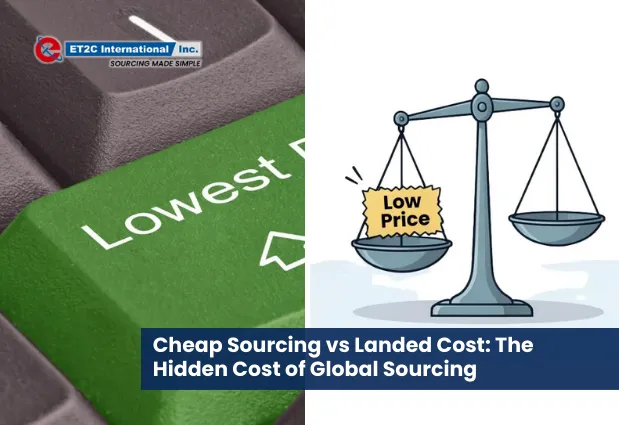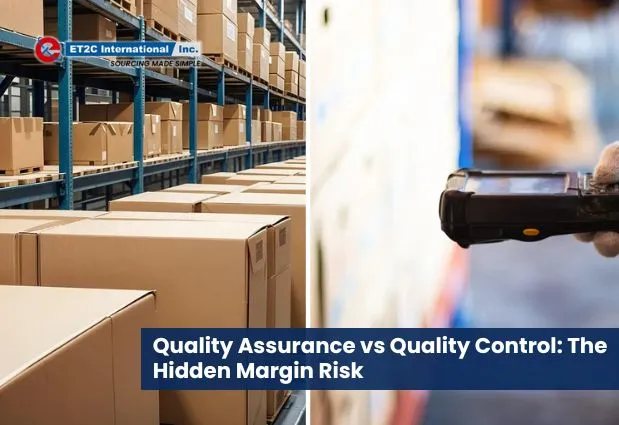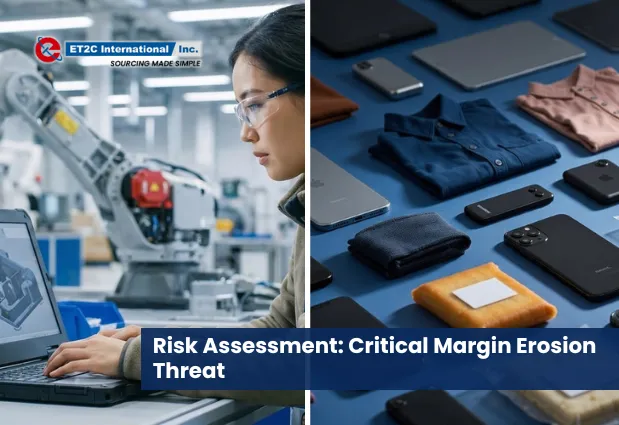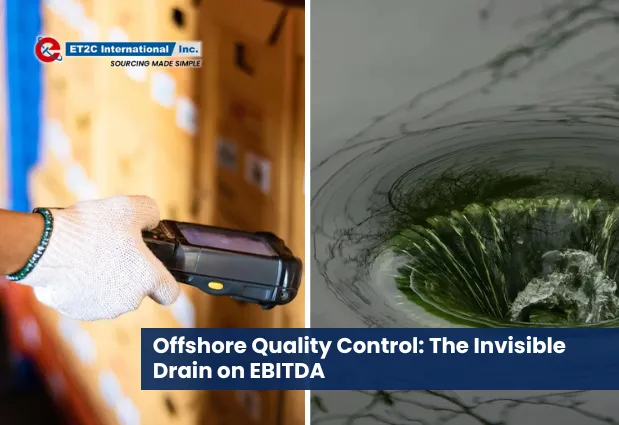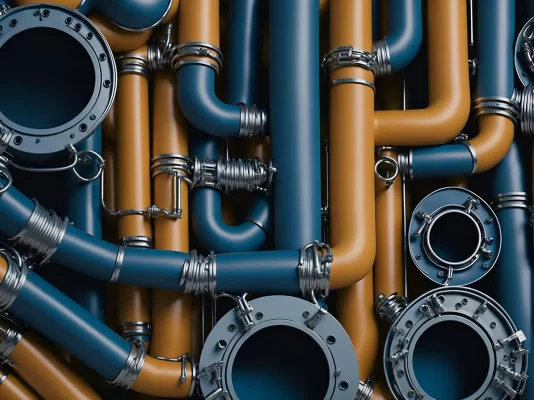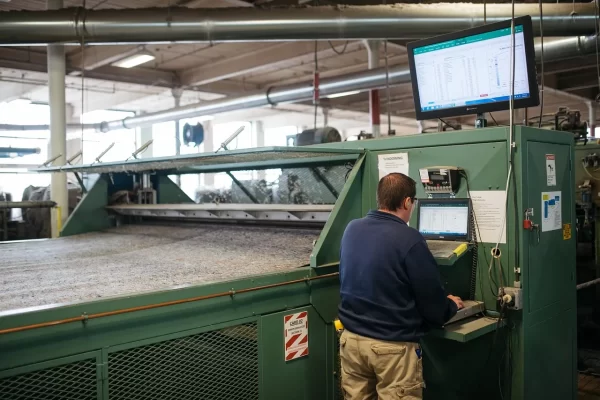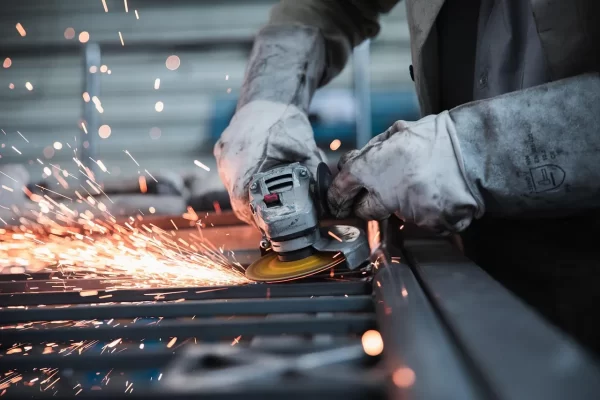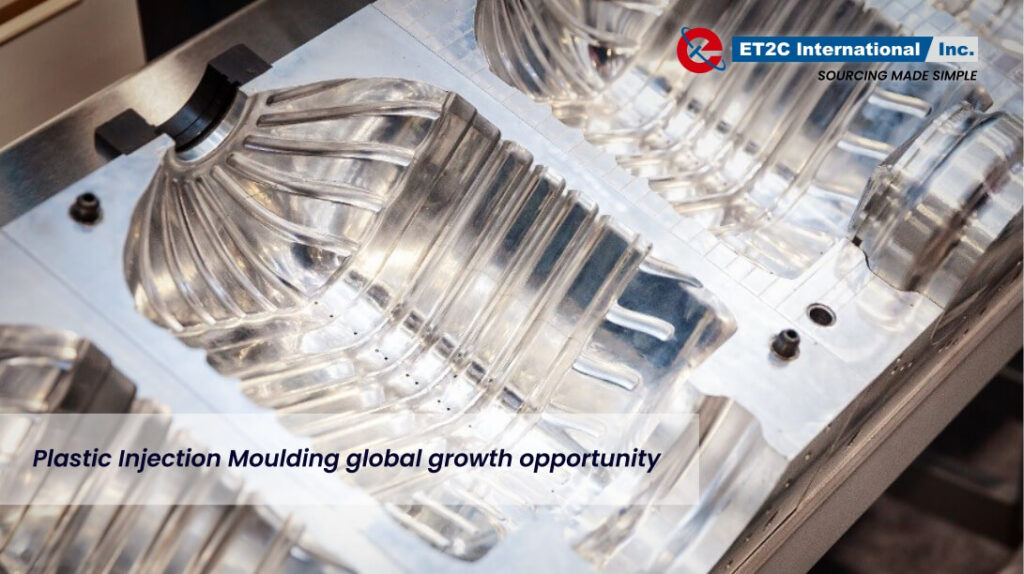
Plastic Injection Moulding as an industry has dipped through the course of the past 3 years during the Pandemic, but is projected to now return to growth.
Overview
Plastic injection moulding and componentry, as a global market, is expected to grow from $343b in 2020 to $476b by 2028 (Source: Fortune business insight – https://www.fortunebusinessinsights.com/injection-molded-plastics-market-101970 ). Demand is returning and projected to surpass pre-pandemic levels as a range of industries are utilising the advantages this manufacturing process can bring to components and products. These include:
- Automotive
- Packaging
- Pharmaceuticals
- Building and Construction
- Electronics
These diverse industries all take advantage from the range of benefits delivered by using plastic injection moulding. Creating light, strong products that can have strong sealing capability and be produce many different complex designs.
The market is largely driven by the Asia Pacific region with their developing industrial base and consumer demand for products. China, India and Japan are major markets and this demand has catalysed investment in technologies within their supplier bases. To that extent, China has a large developed plastic injection moulding capability as one would expect.

Plastic Injection Moulding
So what does this technique involve?
If you have ever been to a factory using this technique, you will have noticed the sizeable machinery in the factory, which requires significant up front Capex. The machine takes the solid plastic (pellets), compresses it and then melts it as prior to it arriving in the injection chamber. The plastic is then injected (as the name would suggest) at high pressure into a customized mould, which is generally made of two parts. The plastic then cools and solidifies and can then be released. Simple!
Moulds & Assembly
As you can imagine, it does get more complicated than this. There are variations in how the moulds interact (two part-moulds, side action moulds and moulds with ‘releasers’) which will depend entirely on the product being made.
In addition, the assembly process ranges from simple to complex. This is based on the budget and the final product being manufactured. Different types of assembly include mechanical, ultrasonic sealed and using adhesives.
Plastic injection moulding is a more automated manufacturing process which relies much less on the ‘human’ touch points. So, what are the benefits of using Asian suppliers given labour is not a significant cost? The largest benefit of leveraging production in Asia is the actual mould tool creation/set-up. This is very labour intensive hence the benefit and as such there are significant reductions in the capital investment required; costs which are often amortized across the product costs, which increases price.
Industry Application
The technique has broad application across a number of sectors. The best way to demonstrate this is to provide some insight on some of the industries where it is commonly used.
1. Medical
The industry demands high quality instruments that are precise and intricate in their design. Plastic injection moulding, with its high-pressure moulding, is capable of producing such instruments in a cost-effective way. The plastic resins used are high quality and can deliver superior mechanical properties such as high tensile strength and resistance to high temperatures.

2. Shoe Industry
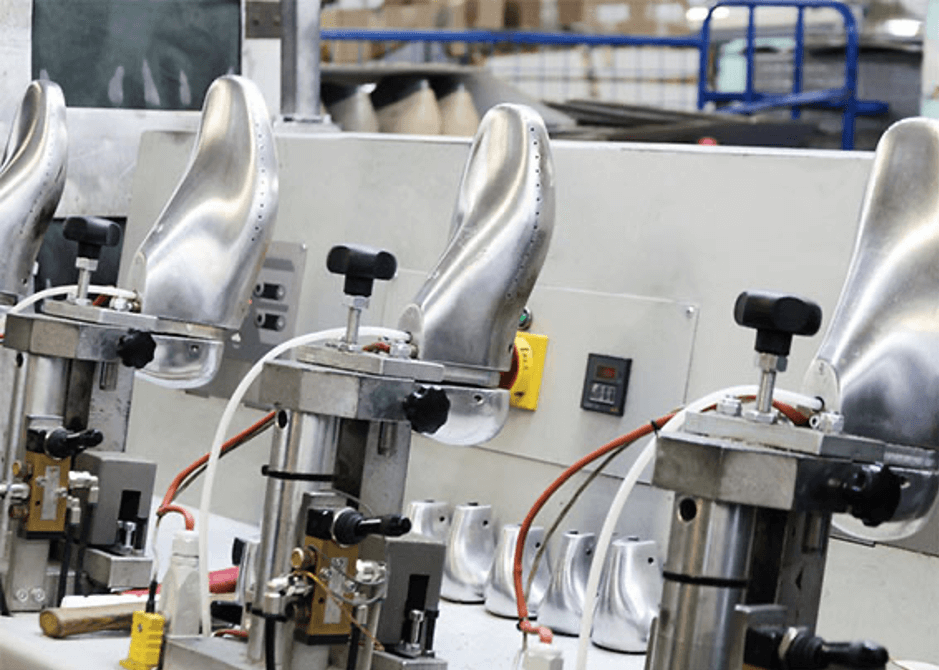
- Electronics
Plastic is a good protector against dust and dirt and does not trap moisture. So when you are dealing with electronic components and circuit boards on keyboards and computers, plastic injection moulding is the perfect technique to create the casing and the frames. Given the infiltration of electronic items into our everyday lives, you should now be getting a sense of the importance of this manufacturing technique.
There are other industries that can also be added to the list, such as food and beverages, toy and building.
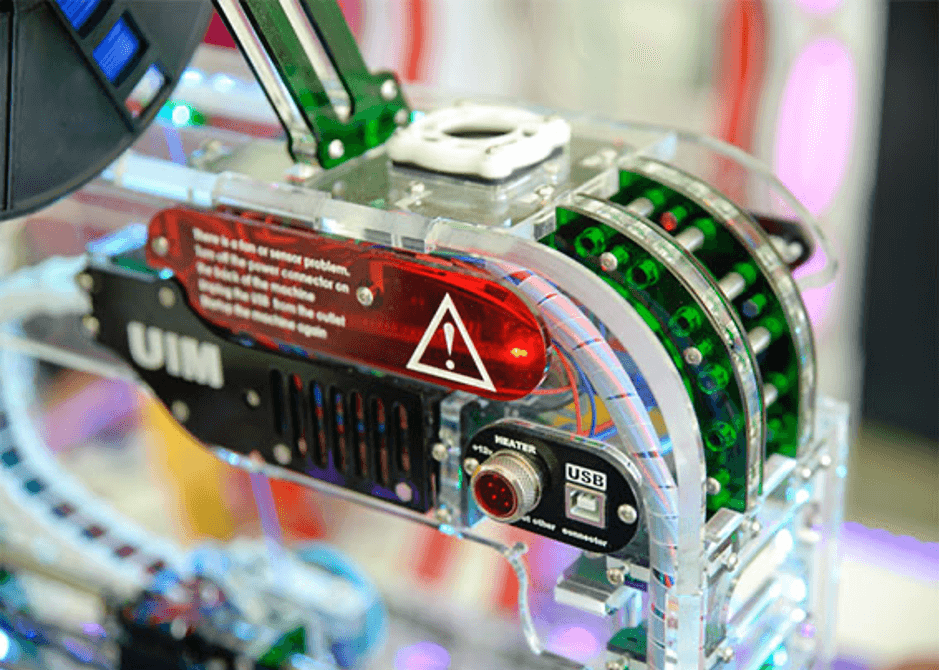
Advantages of Plastic Injection Moulding
We have seen the industries to which it is applied, but what are the benefits from a manufacturing perspective?
As a manufacturing process, plastic injection moulding has lots of advantages:
- Quality Replication
With the right moulds and resins, it should be possible to reproduce the same product thousands of times to the same quality.
- Low Cost
Once the moulds have been made and evaluated (and invested in) the cost per unit is relatively low compared with other materials and manufacturing processes. The lack of waste also factors into this as well (unlike CNC which has a much higher wastage).
- Mass Production
When the machine is operating, the injection cycle should be a matter of minutes (or even seconds!) per unit. It is therefore an incredibly quick and effective manufacturing process for mass, large scale production runs.
Future Trends
There are some areas of development and innovation that are common to all industries, which are likewise applicable to the plastic injection moulding products.
- Sustainable recycled materials
As the demand for recycled plastic to underpin sustainability targets for many companies and Governments continues to grow, both recycled and environmentally friendly materials will become more available and the technology to process them efficiently and effectively will continue to develop.
- Light-weighting
Largely driven by the automotive industry and their move to electric vehicles, the need to ‘lightweight’ materials and components will drive development of both new materials and technology.
- Automation and AI
The increasing use of technology to manage and refine machinery and material usage will see major new developments and improvements in performance in plastic injection moulding
Summary
As the market for plastic injection moulding has grown rapidly so has the offshoring of many companies product requirements. China as a hub for high quality injection moulding continues to be the first choice for many companies when looking at Asia. But, it is important to highlight that for European/UK based companies Turkey is certainly on the rise in this sector.
ET2C is a leading global sourcing company with colleagues based across China, Vietnam, India and Turkey. https://et2c.com/industrial-components/
We provide our clients with the capability of sourcing their needs from a range of specialist audited suppliers in multiple jurisdictions.
For more information contact us at contact@et2cint.com.

